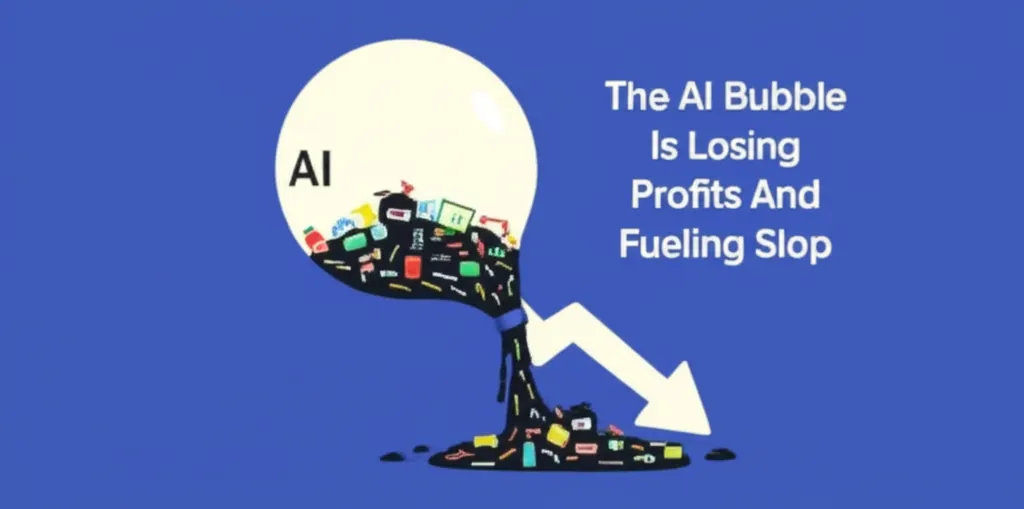Developer Offer
Try ImaginePro API with 50 Free Credits
Build and ship AI-powered visuals with Midjourney, Flux, and more — free credits refresh every month.
Study Reveals ChatGPT 4s Medical Reporting Skills
A new study has explored the capabilities of OpenAI's ChatGPT 4.0 in a critical medical task: generating patient check-up reports. As artificial intelligence becomes more integrated into various industries, its potential to revolutionize healthcare is a topic of great interest. This research aimed to determine if AI could efficiently produce the accurate and personalized health reports that are vital for patient care.
The Rise of AI in Healthcare
Generative language models like ChatGPT are already being applied across numerous clinical fields. Health check-ups are a cornerstone of preventative medicine, offering a comprehensive assessment of an individual's health. With more people opting for these check-ups, the demand for clear, timely, and accurate reporting has surged. Researchers sought to evaluate whether ChatGPT 4.0 could meet this demand, potentially saving clinicians valuable time and improving the quality of patient services.
Putting ChatGPT 4 to the Test
To assess the AI's performance, researchers conducted a detailed study involving 89 real-world check-up reports from the First Affiliated Hospital of Shantou University Medical College. The process was meticulous:
-
Data Input: Each report was fed into ChatGPT 4.0. The AI was also tasked with translating the reports into English.


-
Expert Evaluation: Three qualified doctors independently graded the AI-generated reports in both English and Chinese.
-
Grading Criteria: The evaluation covered six critical aspects, each scored on a 4-point scale:
- Guide: Adherence to current treatment guidelines.
- Diagnosis: Accuracy of the diagnosis.
- Order: Logical flow and prioritization of information.
- System: Systematic and organized presentation.
- Consistency: Internal consistency of the report.
- Suggestion: Appropriateness of recommendations.

-
Complexity Levels: The cases were categorized as LOW, MEDIUM, or HIGH complexity to test the AI's robustness across different scenarios.
The Verdict Strengths and Weaknesses
The results revealed a mixed but promising performance. ChatGPT 4.0 demonstrated significant strengths in fundamental areas, performing well in adhering to clinical guidelines, providing accurate diagnoses from the given data, presenting information systematically, and maintaining report consistency.

However, the AI showed clear limitations in areas requiring deeper clinical judgment. It struggled significantly with the "Order" category, often failing to prioritize high-risk findings. In several cases, the information was mixed up, and some reports were deemed completely incorrect in their logical flow. Another major weakness was in the "Suggestion" category. While the recommendations were generally correct, they were often superficial and lacked the personalized advice crucial for patient care.


The study found no significant advantage for either English or Chinese, indicating the model's performance was consistent across languages, with its core strengths and weaknesses remaining the same.
A Capable Assistant Not a Replacement
The study concludes that ChatGPT 4.0 is not yet ready to work autonomously in generating medical reports. However, it is well-suited to act as a powerful assistant to a chief examiner or physician. Its ability to handle simpler tasks and draft specific sections of reports can significantly enhance medical efficiency and improve the quality of clinical documentation. With human oversight, AI holds immense potential to help deliver more streamlined and patient-centered healthcare services.
Compare Plans & Pricing
Find the plan that matches your workload and unlock full access to ImaginePro.
| Plan | Price | Highlights |
|---|---|---|
| Standard | $8 / month |
|
| Premium | $20 / month |
|
Need custom terms? Talk to us to tailor credits, rate limits, or deployment options.
View All Pricing Details

